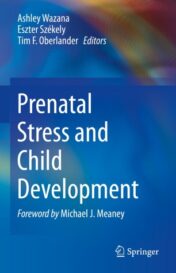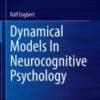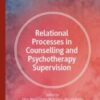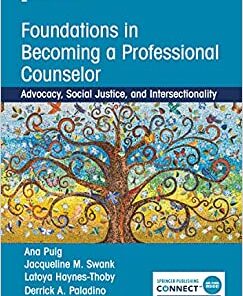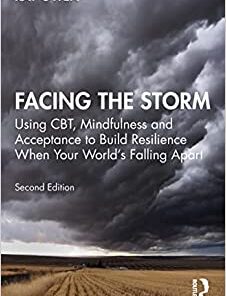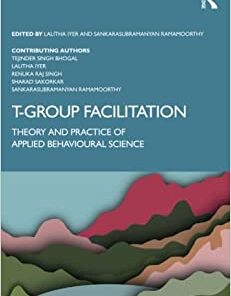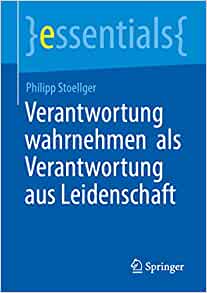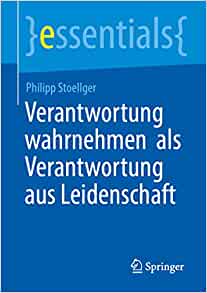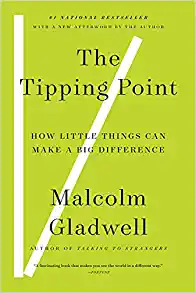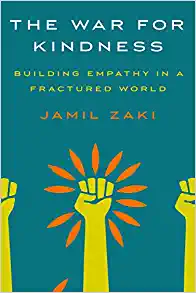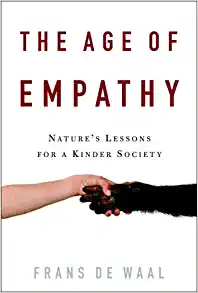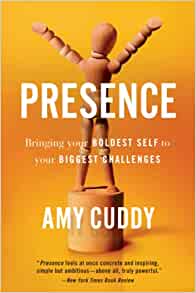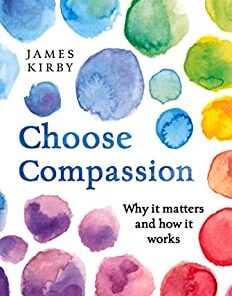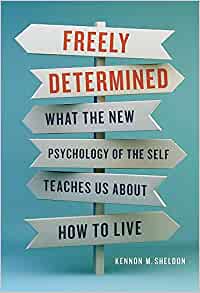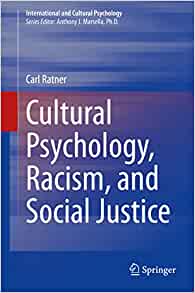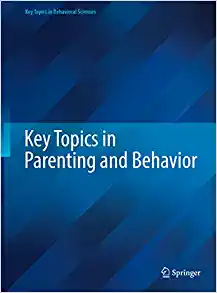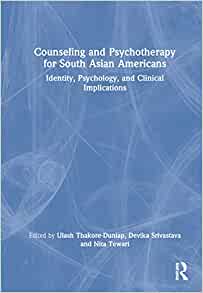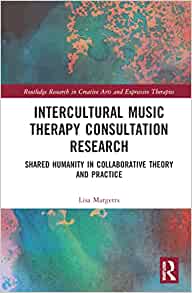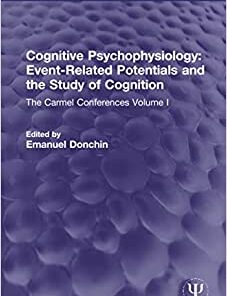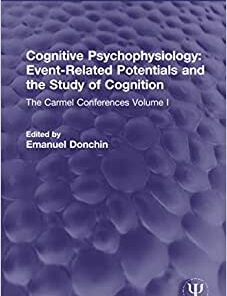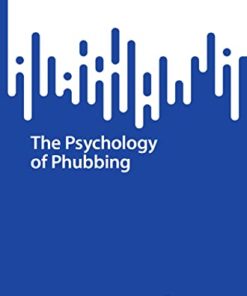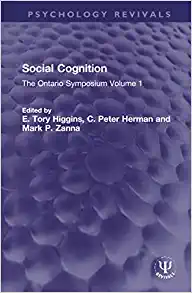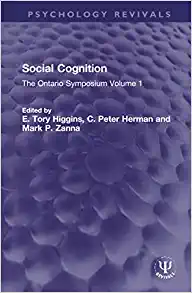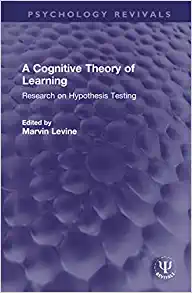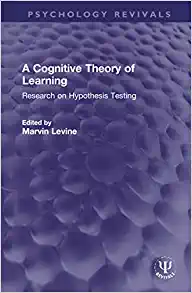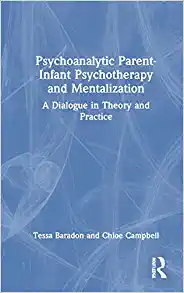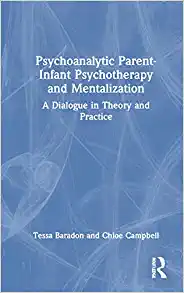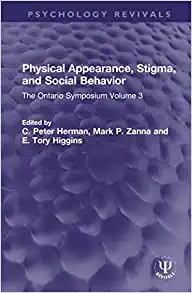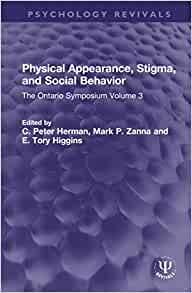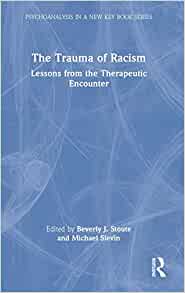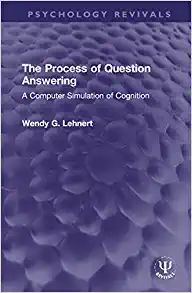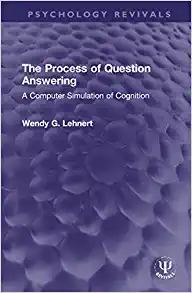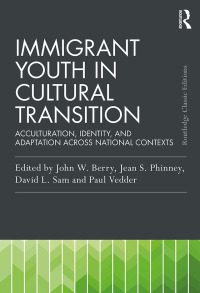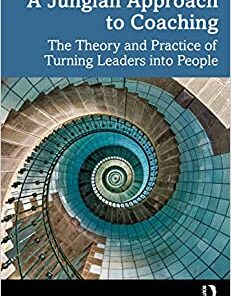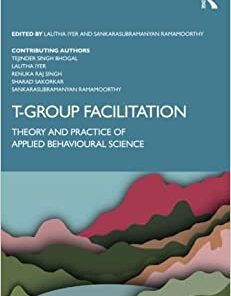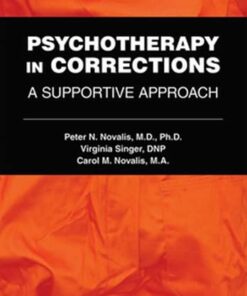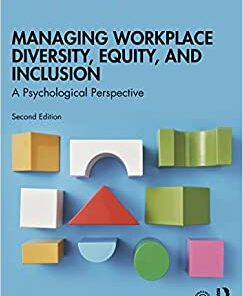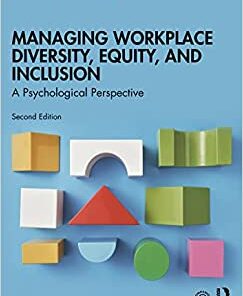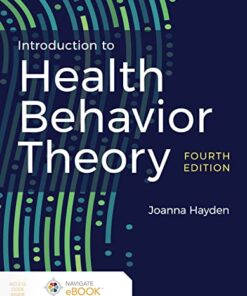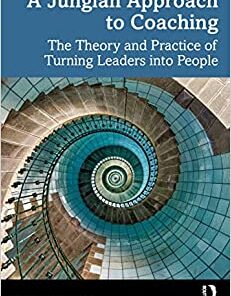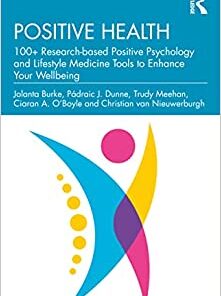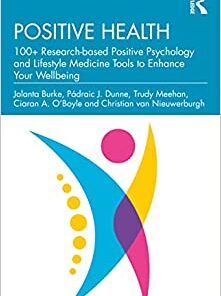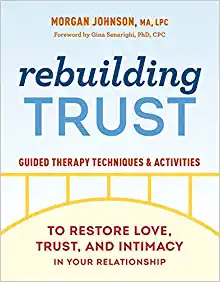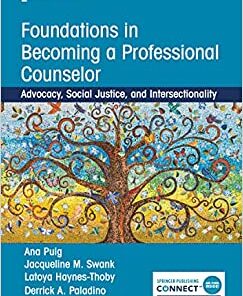Prenatal Stress and Child Development(ORIGINAL PDF)
$12
Prenatal Stress and Child Development(ORIGINAL PDF)
e, and interventions that may reduce negative behaviors and promote optimal outcomes in children. This complex perspective on mechanisms by which early environmental influences interact with prenatal programming of susceptibility aims to inform clinical strategies and future research targeting prenatal stress and its cyclical impact on subsequent generations.
Key areas of coverage include:
- Epigenetic effects of prenatal stress.
- Intergenerational transmission of parental early life stress.
- The microbiome-gut-brain axis and the effects of prenatal stress on early neurodevelopment.
- Gestational stress and resilience.
- Prenatal stress and children’s sleeping behavior.
Prenatal Stress and Child Development is an essential resource for researchers, professors, and graduate students as well as clinicians, therapists, and related professionals in infancy and early childhood development, maternal and child health, developmental psychology, pediatrics, social work, child and adolescent psychiatry, developmental neuroscience, and related behavioral and social sciences and medical disciplines.
Excerpt from the foreword:
“I would make the plea that in addition to anyone with an interest in child development, this book should be essential reading for researchers pursuing “pre-clinical, basic science models of neurodevelopment and brain health”…. This book provides what in my mind is the most advanced compilation of existing knowledge and state-of-the-art science in the field of prenatal psychiatry/psychology (and perhaps in the entire field of prenatal medicine). This volume can brilliantly serve to focus future directions in our understanding of the perinatal determinants of brain health.”
Michael J Meaney
James McGill Professor of Medicine
Translational Neuroscience Programme
Adjunct Professor of Paediatrics
Related Products
Psychology Books
Psychology Books
Psychology Books
Psychology Books
Intimate Relationships, 3rd Edition (Original PDF from Publisher)
Psychology Books
Psychology Books
The War for Kindness: Building Empathy in a Fractured World (EPUB)
Psychology Books
Psychology Books
The Age of Empathy: Nature’s Lessons for a Kinder Society (EPUB)
Psychology Books
Dopamine Nation: Finding Balance in the Age of Indulgence (EPUB)
Psychology Books
Psychology Books
Psychology Books
Psychology Books
Counseling and Psychotherapy for South Asian Americans (EPUB)
Psychology Books
The Psychology of Phubbing (SpringerBriefs in Psychology) (EPUB)
Psychology Books
Psychology Books
Developing Competencies for Recovery (Original PDF from Publisher)
Psychology Books
Psychology Books
Social Cognition (Psychology Revivals) (Original PDF from Publisher)
Psychology Books
Psychology Books
Psychology Books
Psychoanalytic Parent-Infant Psychotherapy and Mentalization (EPUB)
Psychology Books
Traumatic Loss and Recovery in Jungian Studies and Cinema (EPUB)
Psychology Books
Psychology Books
Psychology Books
Psychology Books
Sex and Sexuality in Medieval England (Original PDF from Publisher)
Psychology Books
Psychology Books
The Process of Question Answering (Psychology Revivals) (EPUB)
Psychology Books
Psychology Books
Psychology Books
Psychology Books
Psychology Books
Psychology Books
Psychology Books
Psychology Books
Psychology Books
A Jungian Approach to Coaching (Original PDF from Publisher)
Psychology Books

